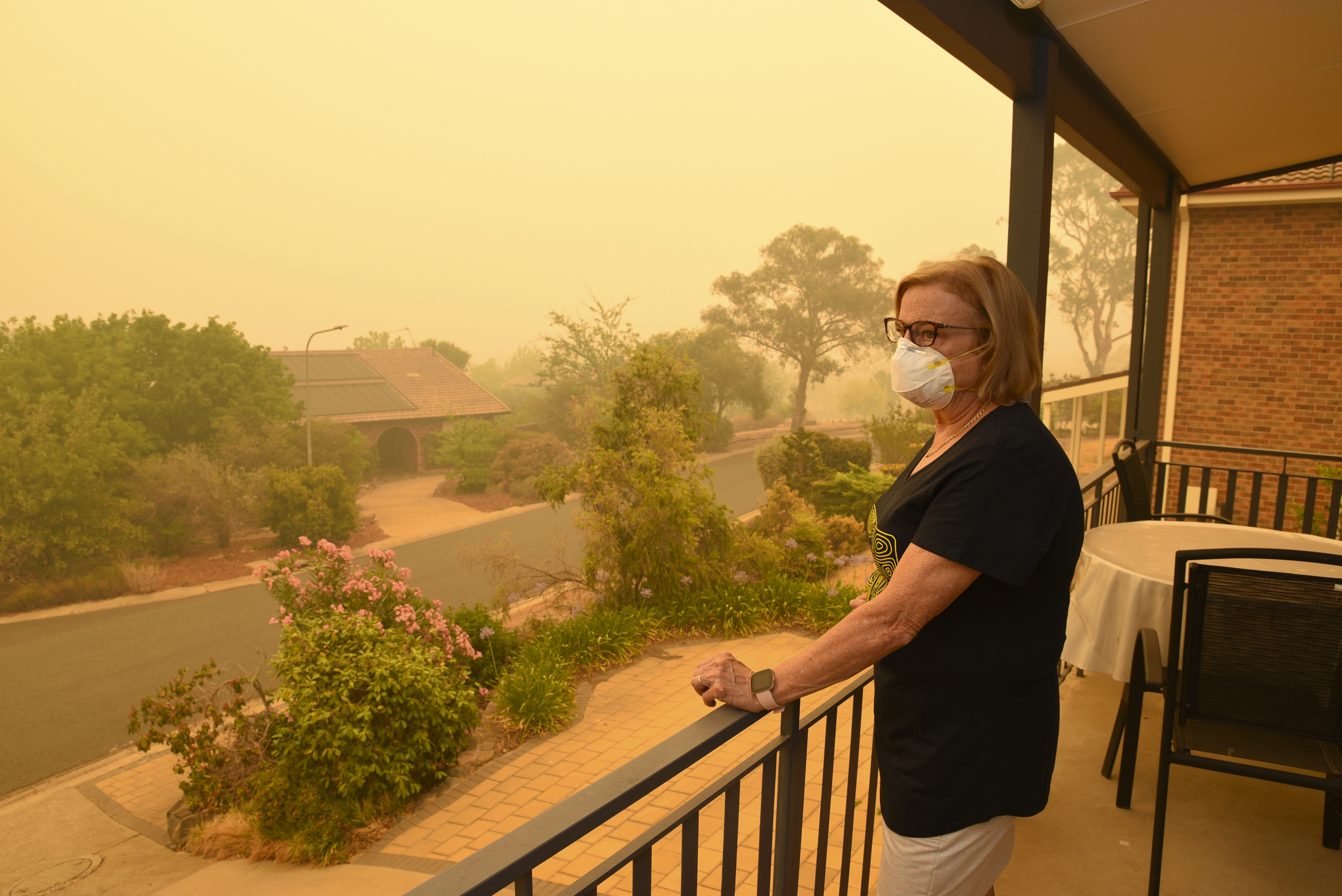As wildfire smoke from Canada blankets much of the American Northeast, air quality has plummeted making the air dangerous to breathe and driving people to wear masks and stay indoors. People with underlying respiratory illnesses like asthma and COPD (Chronic Obstructive Pulmonary Disease) or bronchitis are being hit the hardest, experiencing difficulty breathing and potentially triggering serious illnesses. Wildfires tend to be more common in California, Washington and Oregon but can happen anywhere in the world when forested areas are challenged by warm, dry conditions.
Adults over the age of 65 and people with chronic heart disease or diabetes are also more likely to be impacted by wildfire smoke. According to the American Lung Association, tiny solid and liquid particles suspended in wildfire smoke can enter and lodge deep in the lungs. Particle pollution can trigger asthma attacks, heart attacks and strokes.
Seniors who are at an increased risk for pre-existing lung and heart diseases, and may have declining dense mechanisms, should pay close attention to air quality alerts during a smoke event. Local officials may advise people to stay indoors, keep windows and doors closed, use fans and air conditioning to stay cool or use a portable air cleaner or high-efficiency filter to remove fine particles from the air.
If you are experiencing troublesome symptoms from breathing in higher levels of smoke from wildfires, contact your healthcare provider. Symptoms to watch for include wheezing, shortness of breath, difficulty taking a full breath, chest heaviness, lightheadedness, and dizziness. If these symptoms are not relieved by the usual medications, contact your physician.
Climate change has increased drought and heat, leading to a greater risk of wildfires. Wildfire smoke can blow hundreds of miles away, impacting particle pollution for people living far from wildfire-prone areas. Hot, dry summer weather poses an ongoing risk for wildfires. Follow this link to learn more about how to protect clean air and make a collective difference to reduce air pollution and climate change.






Add Your Voice
0 Comments
Join the Discussion